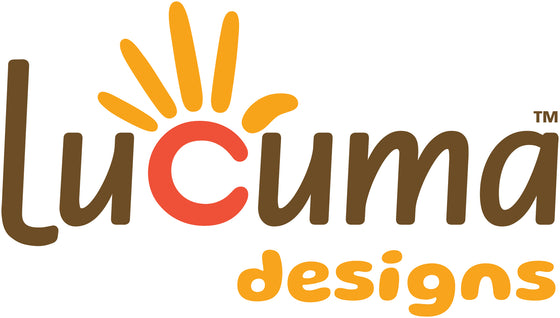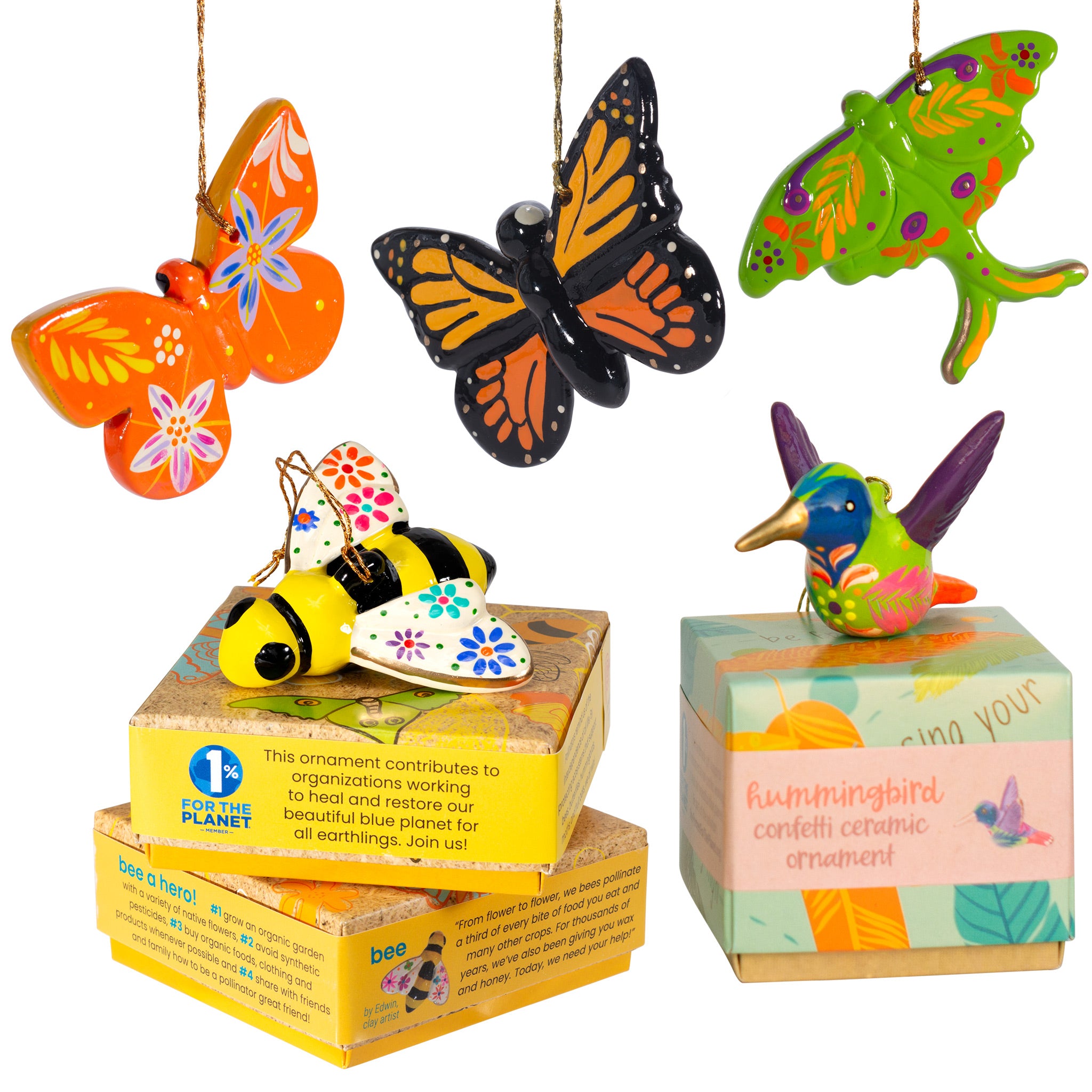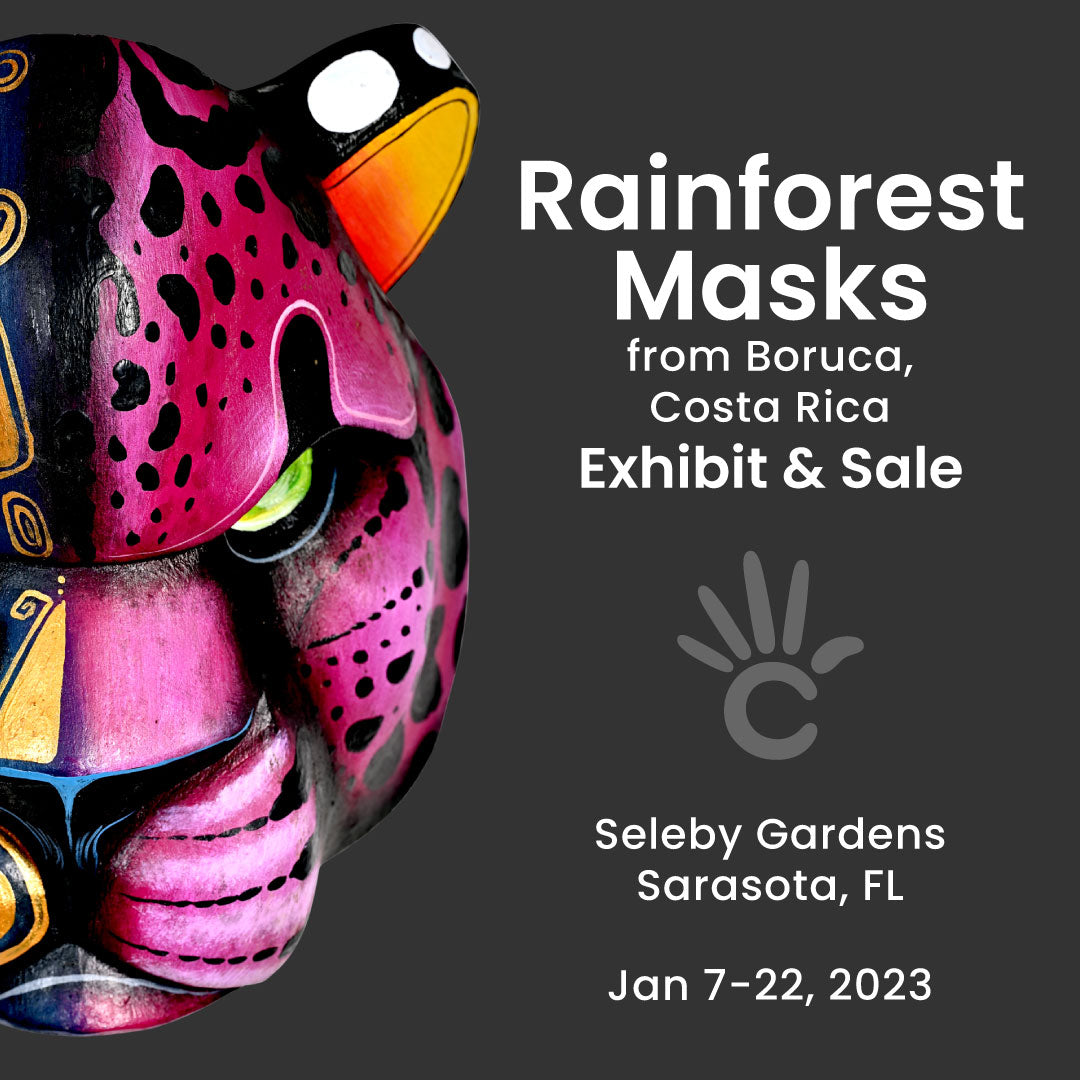Planting Fruit Trees in Boruca, Costa Rica
At the height of the pandemic in 2020, Esteban Morales, a Borucan mask artist in the Selby Gardens Rainforest Mask exhibit, approached us for help planting fruit trees in the village. We jumped at the opportunity to support the food sovereignty within this indigenous community.
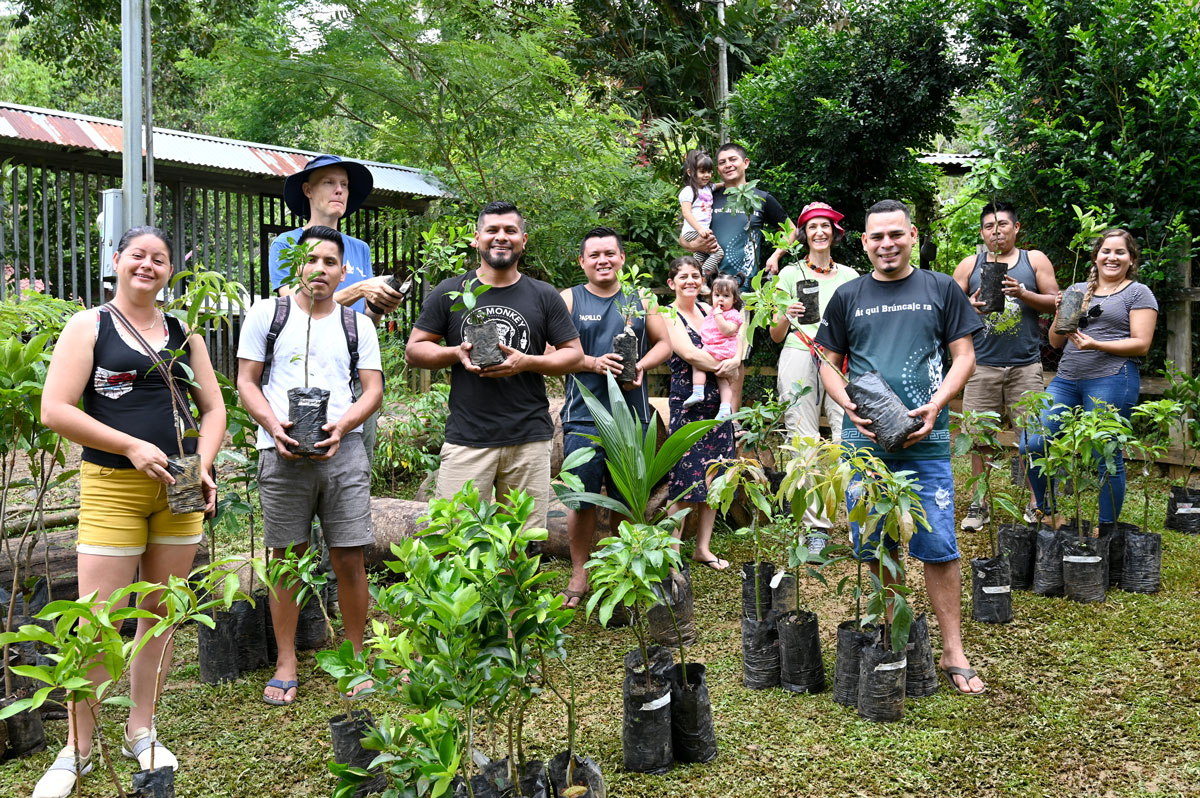
Living in southern Costa Rica, the Boruca people have the fortune to enjoy tropical weather year round and live surrounded by lush vegetation where everything grows rapidly and abundantly. But for many reasons, villagers have limited access to fresh fruits and produce, so we started a project to introduce high quality fruit tree varieties.
Our Fruit Tree Planting project is now in its third year and since 2020, Lucuma Designs has contributed with over 200 fruit trees benefiting over 50 families. Many of those first year trees are already bearing fruit, and the enthusiasm for more fruit trees is growing as people realize how easy it is to care for them.
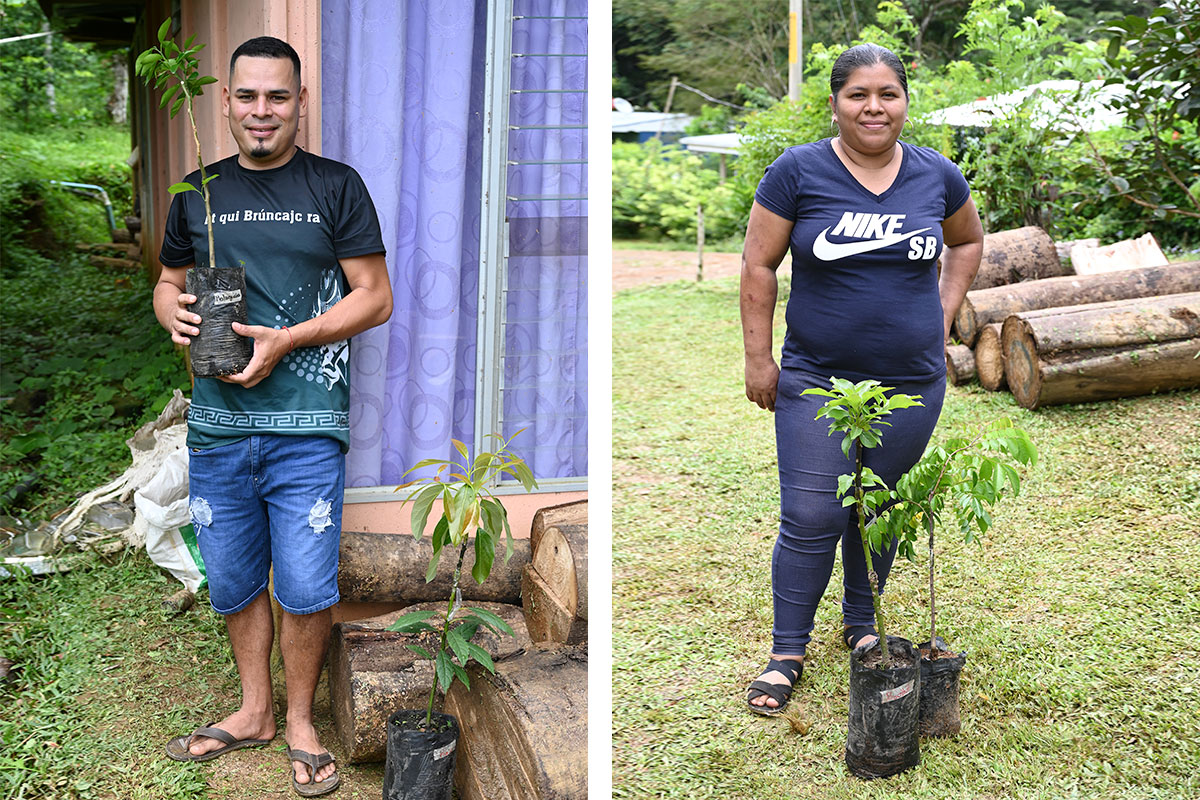
Every year, we invite about 15 artist partners to select two fruit trees for their family plus recommend a neighbor to receive two more. That way, we reach beyond the artists' families we work with to spread good will and healthy food throughout the community. The varieties most often requested include avocados (aguacates), mangos, oranges (naranjas), lemons (limones), coconut (pipa-coco enano), zapote, carambola, rambutan (similar to Lychee) and other tropical fruits.
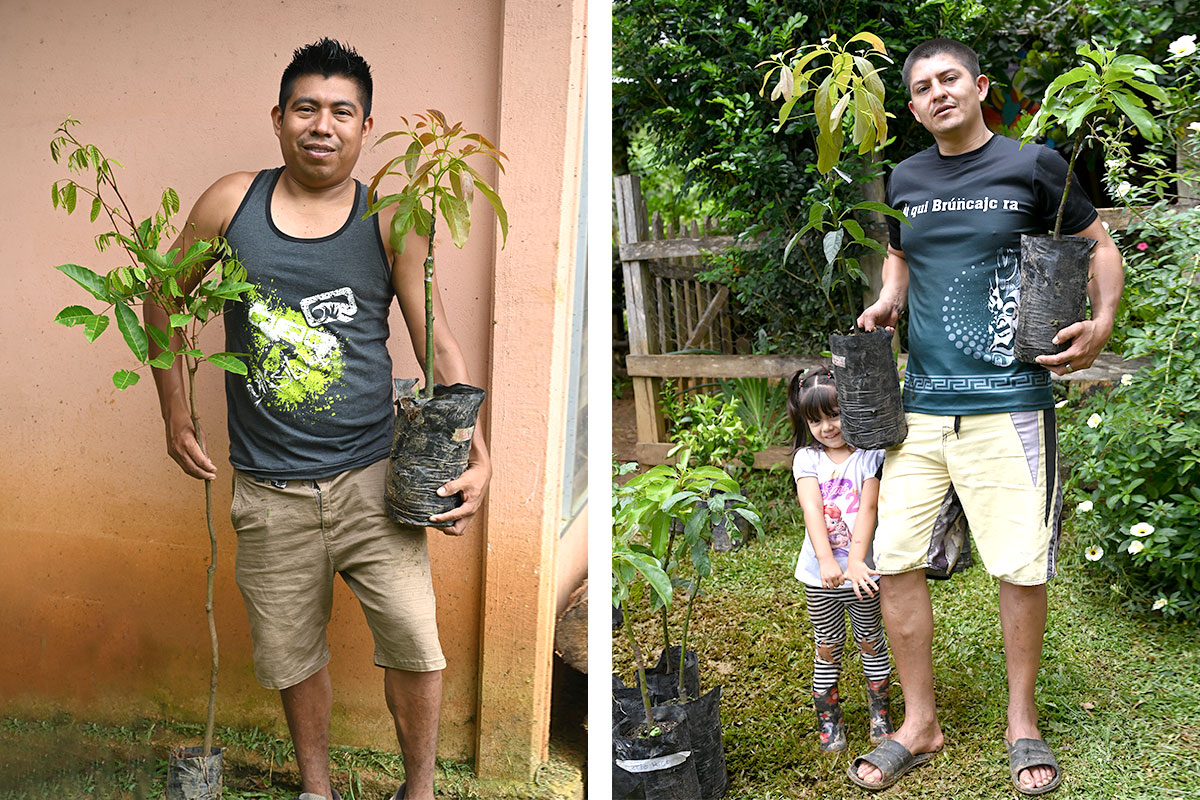
School Tree Planting!
This August 2022, during our visit, Lucuma Designs donated 12 fruit trees to the elementary school. Together with a few of our artist friends, we had the opportunity to show a bunch of 11-12 year old kids how to get their hands dirty planting trees!
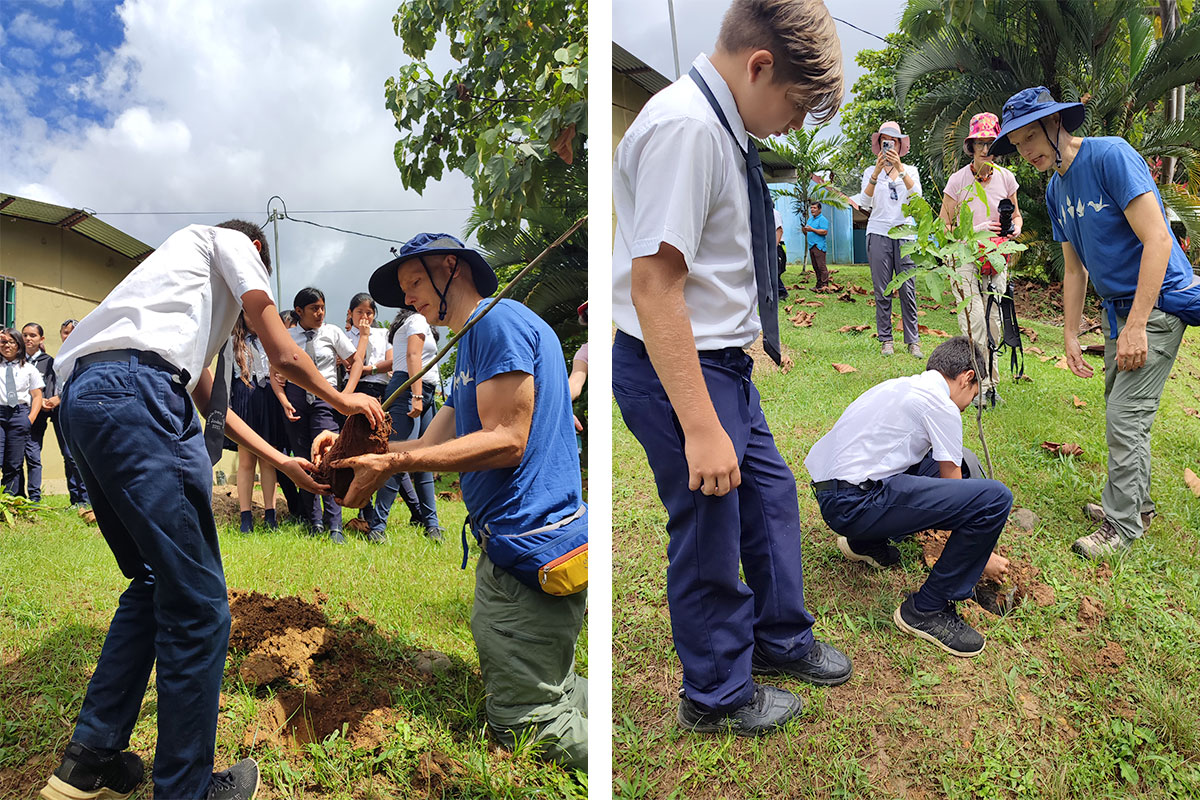
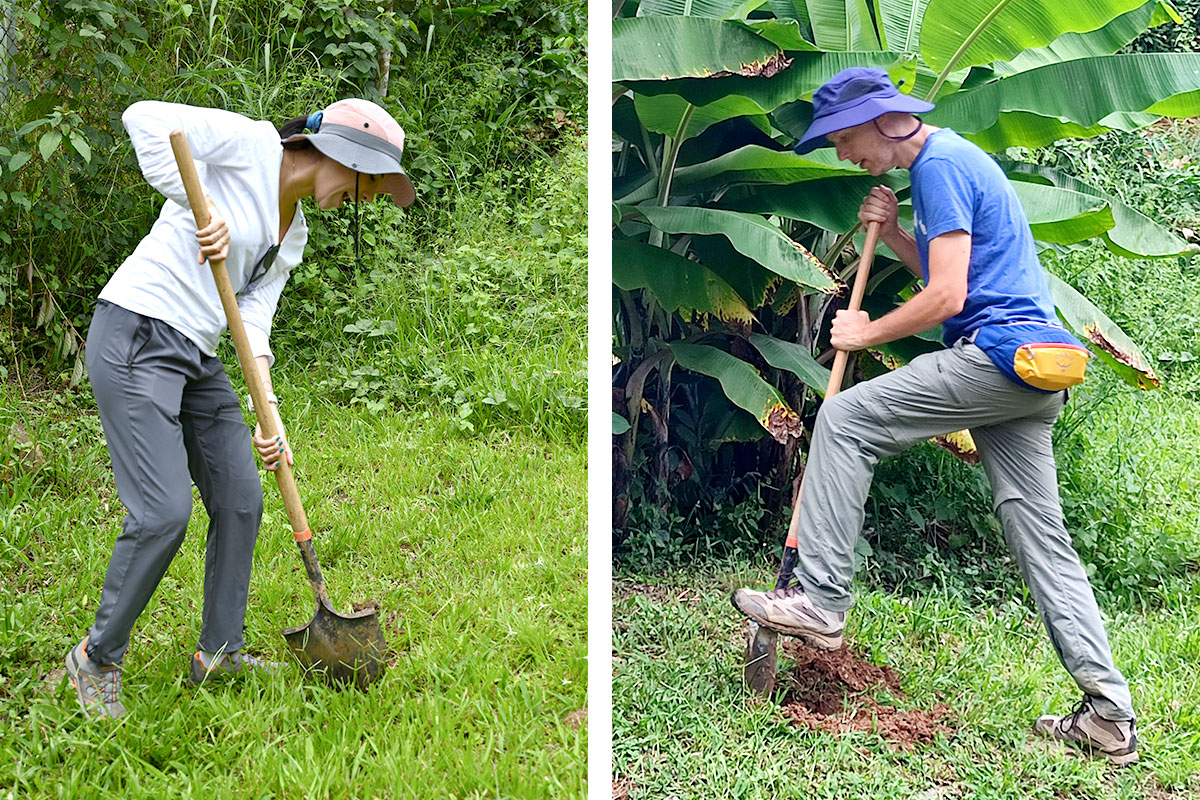
It was a rewarding experience and at the same time eye opening. We were puzzled to find out that most students in this rural, agricultural community had very little experience with planting or growing trees. Yet these young people quickly overcame their hesitation, started planting and were soon looking forward to having more fresh fruits available.
It is our hope that these mangos, avocados, lemons and other tropical fruits planted will grow strong and produce tasty fruits to contribute to their school lunch program.
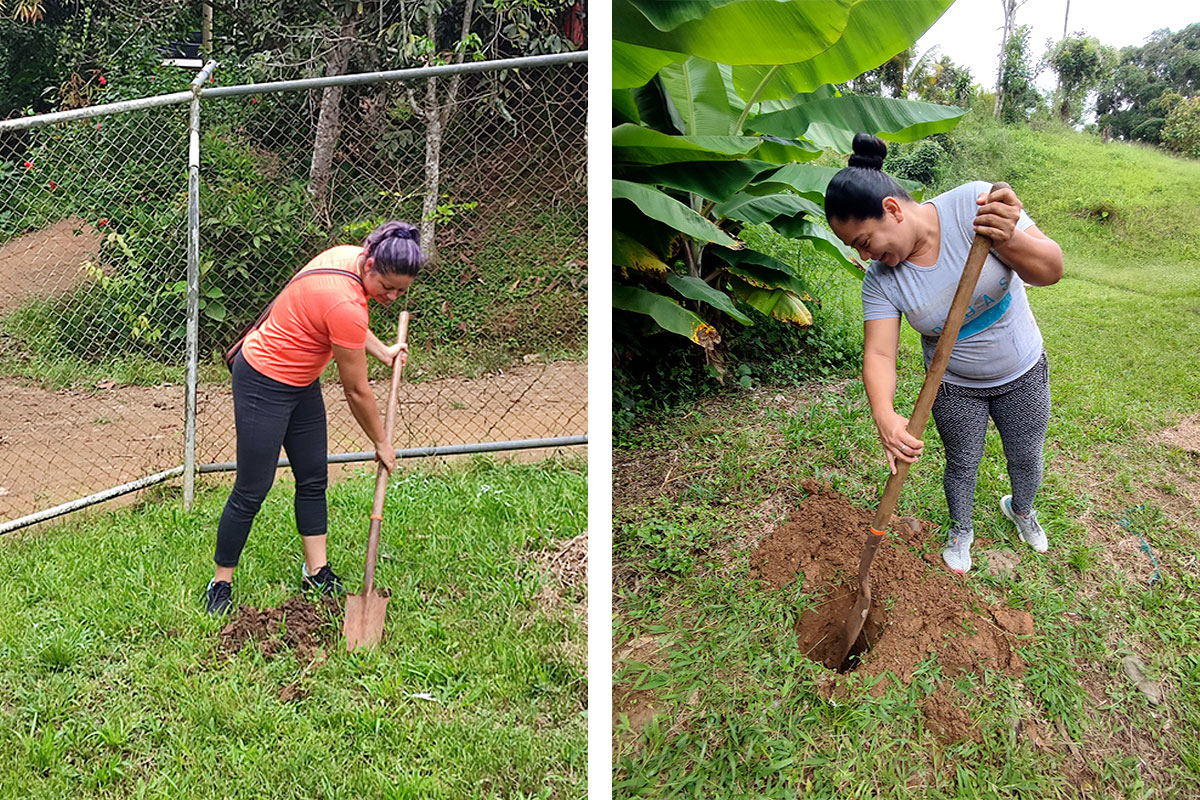
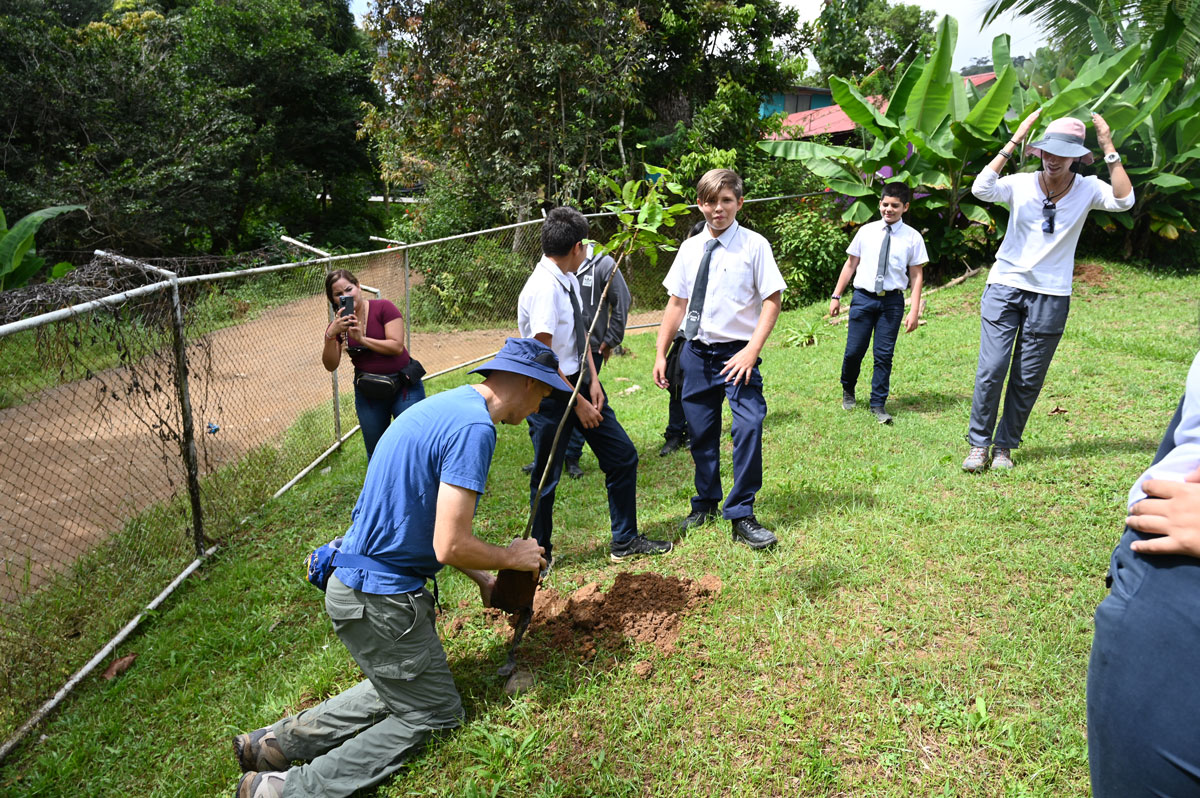
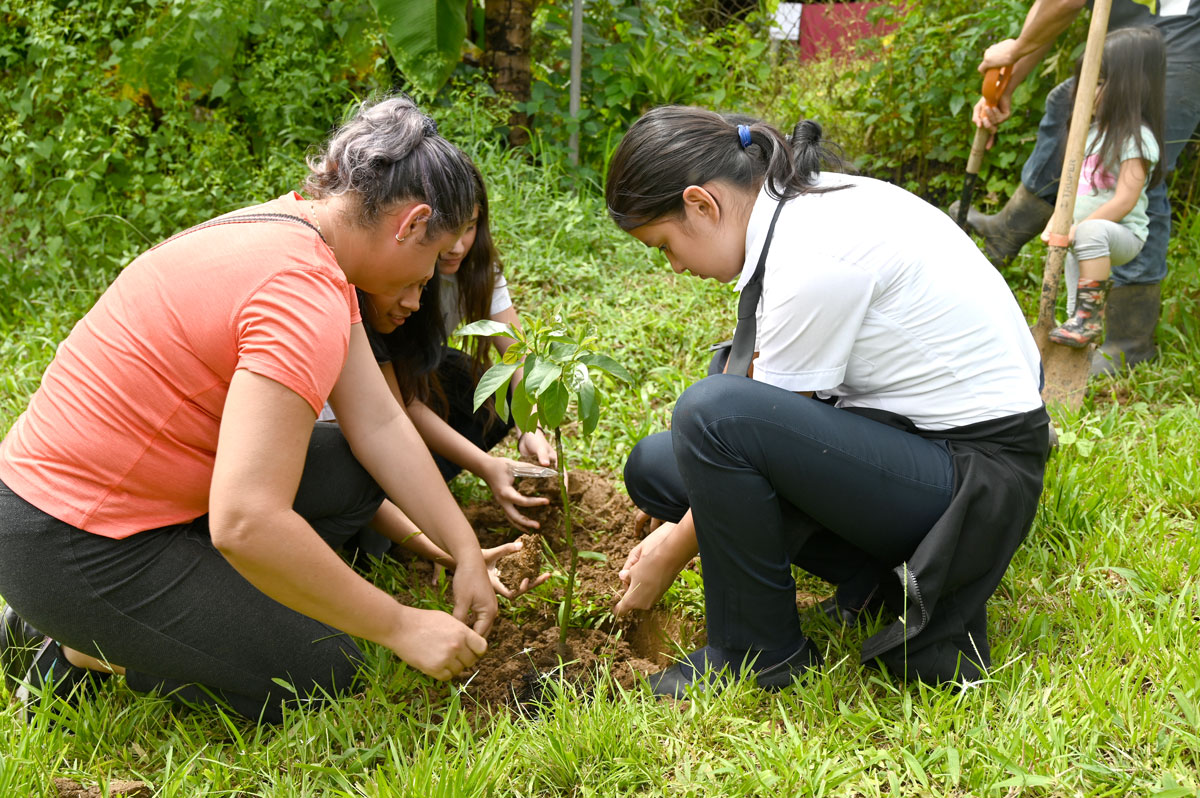
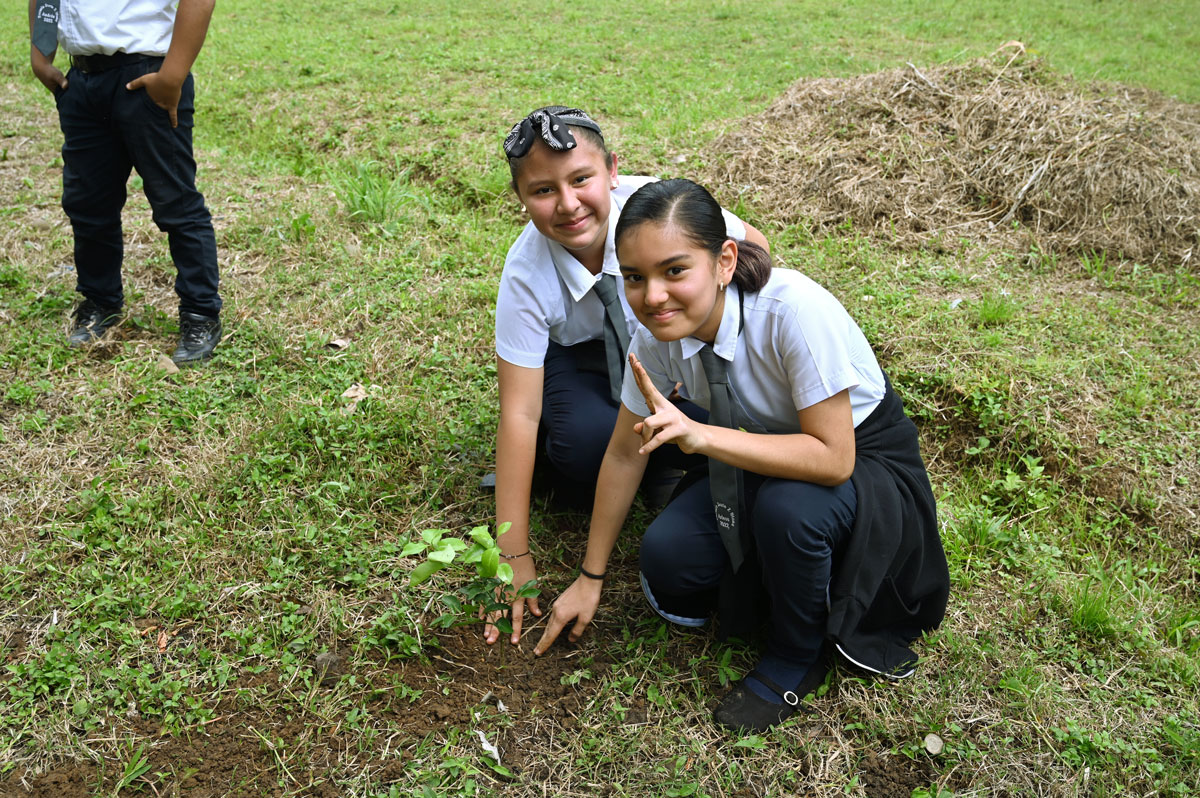
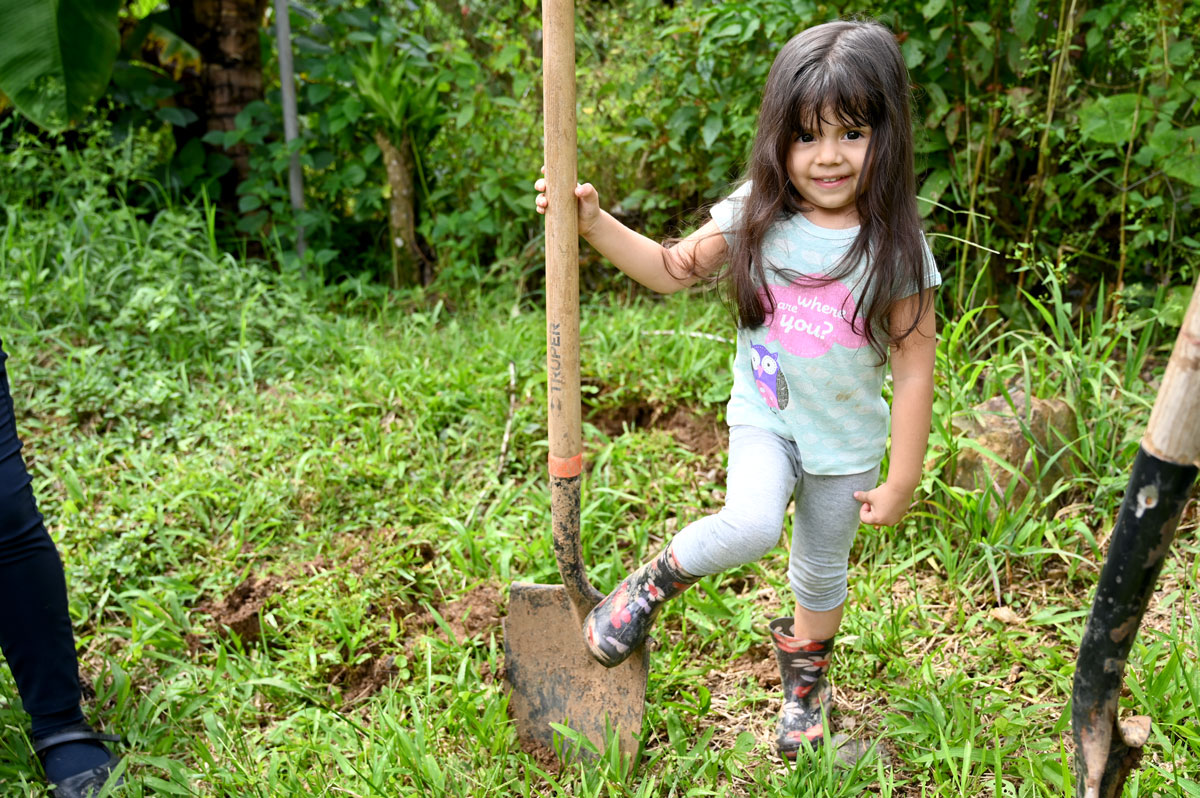
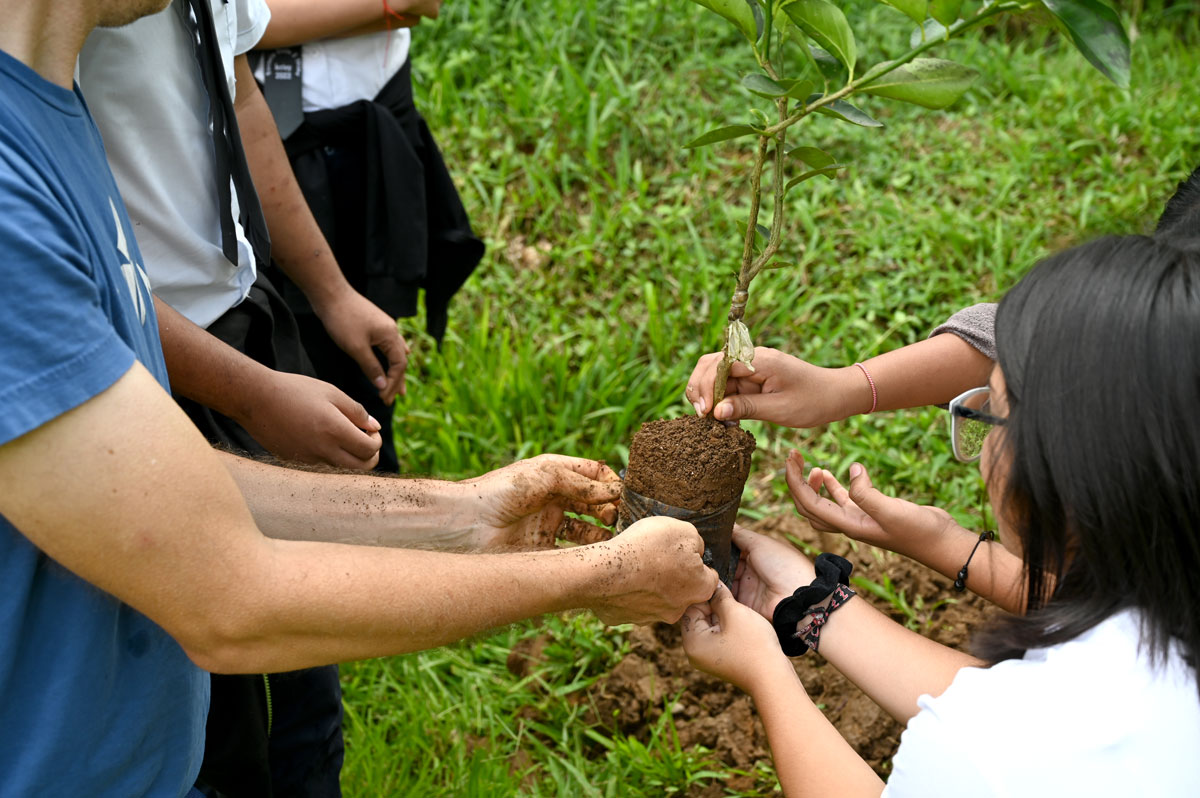
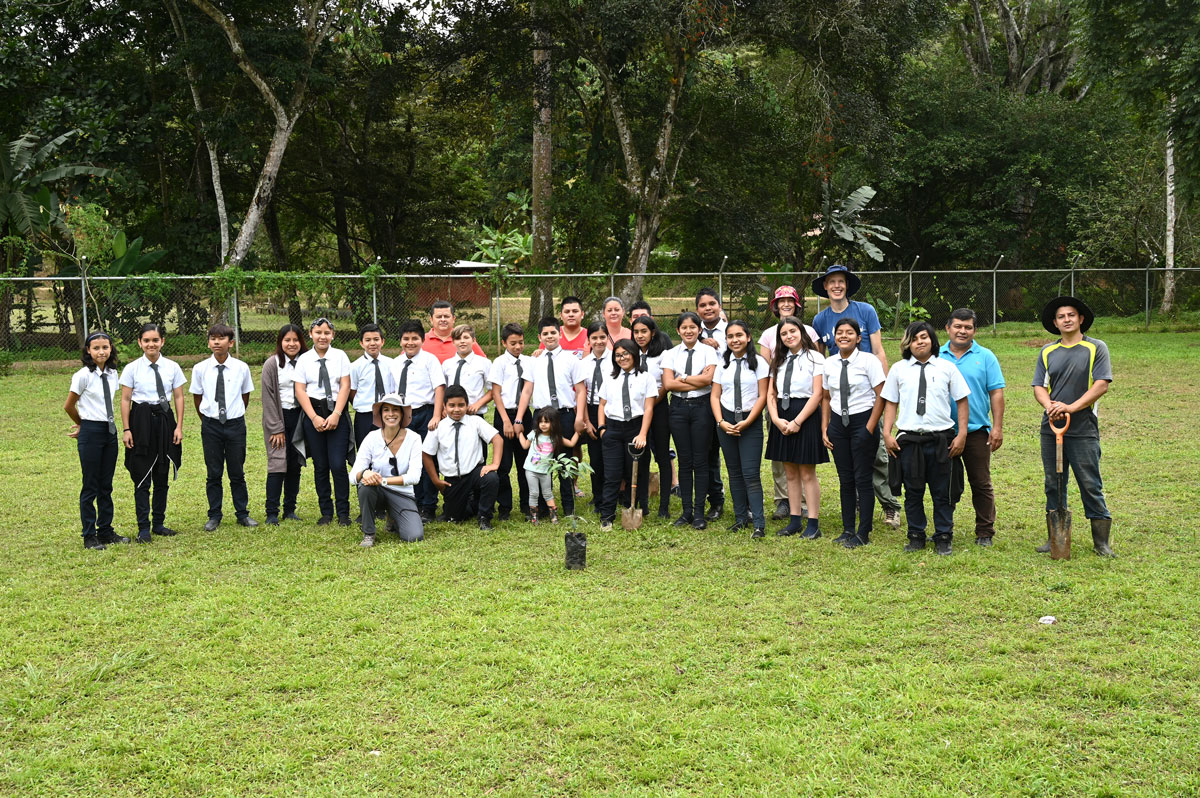
What next?
This was our first time being present for the distribution and planting, and we saw first hand the enthusiasm and were reassured that the fruit trees are cherished. As we continue this project we will be looking for ways to deliver some basic horticultural education. More knowledge on how to properly take care and propagate the trees seems to be needed.
